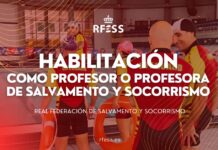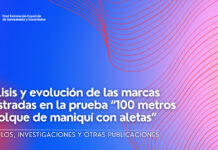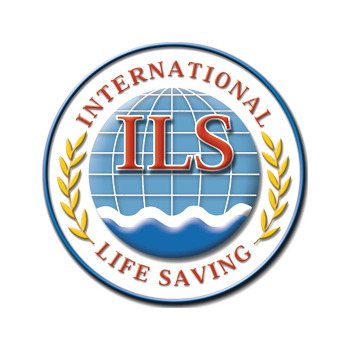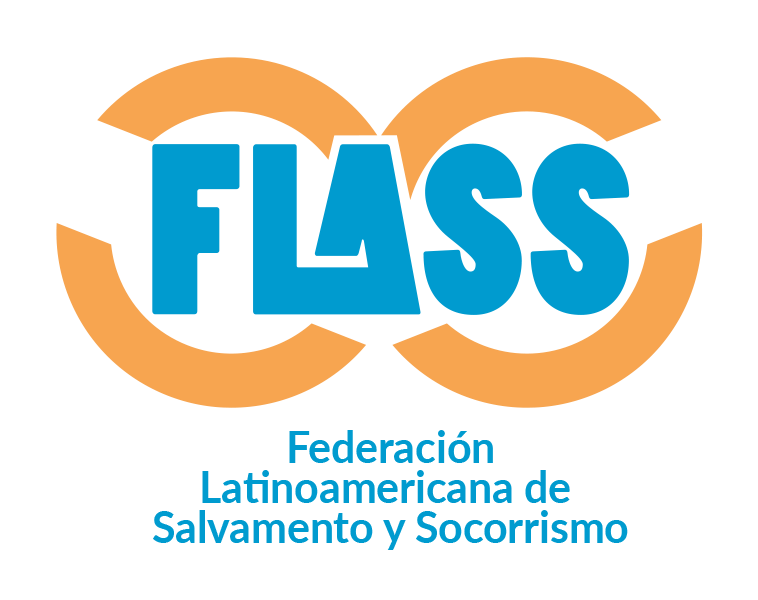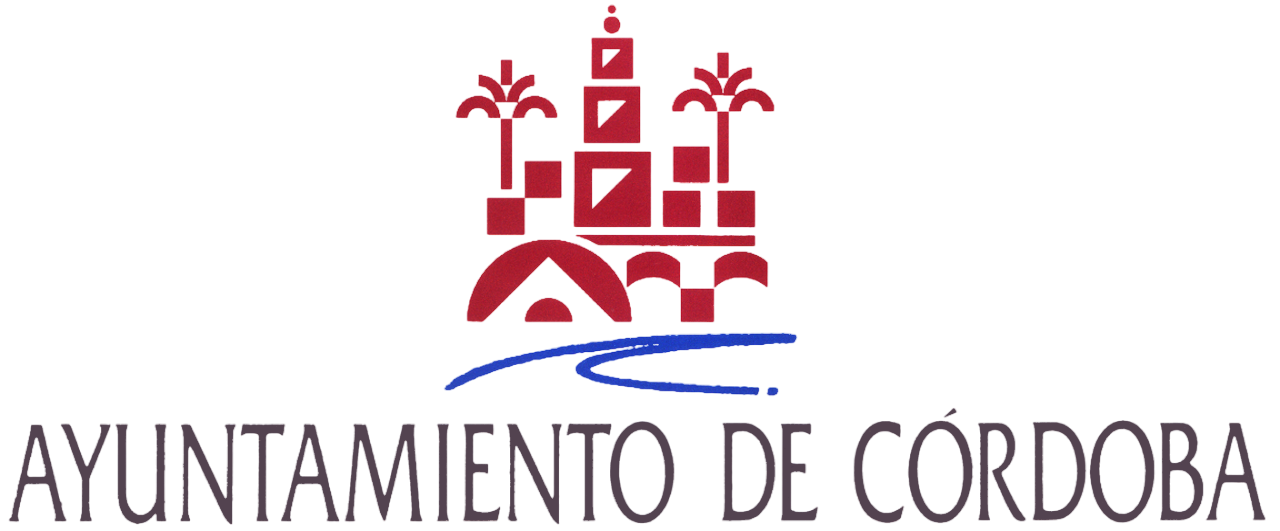Tourniquet application in time-critical aquatic emergencies on a moving rescue water craft (RWC): Can speed and precision coexist?
Revista:The American Journal of Emergency Medicine
Autores y autoras: Manteiga-Urbón, J.L., Martínez-Isasi, S., Fernández-Méndez, F., Otero-Agra, F., Sanz-Arribas, I., Barcala-Furelos, M., Alonso-Calvete, A. & Barcala-Furelos, R.
Referencia bibliográfica: Manteiga-Urbón, J.L., Martínez-Isasi, S., Fernández-Méndez, F., Otero-Agra, F., Sanz-Arribas, I., Barcala-Furelos, M., Alonso-Calvete, A. & Barcala-Furelos, R. (2024). Tourniquet application in time-critical aquatic emergencies on a moving rescue water craft (RWC): Can speed and precision coexist? American Journal of Emergency Medicine (2024).
DOI: https://doi.org/10.1016/j.ajem.2024.06.011
Enlace al documento: https://www.sciencedirect.com/science/article/abs/pii/S0735675724002766
Resumen:
Lifeguards are the first responders to any type of aquatic incident, including rapid rescue situations such as boating and sporting accidents, animal bites/attacks, and cases involving massive bleeding. In their line of work, rescue boats such as Rescue Water Craft (RWC) are commonly utilized the aim of this study is to evaluate the time and technique of placing a tourniquet on the sled of an RWC navigating at full speed.
Métodos
A randomized crossover study design was used with a sample of 44 lifeguards. The inclusion criteria required that participants be certified lifeguards with experience in RWC operations and possess knowledge of responding to massive bleeding. Two CAT tourniquet placement tests were performed. In the 1) Beach-Tourniquet (B-TQ) test: it was performed on land and in the 2) Rescue Water Craft-tourniquet (RWC-TQ) test, sailing at a cruising speed of 20 knots.
The evaluation was recorded in a checklist on the steps and timing of the correct application TQ by direct observation by an expert instructor.
Resultados
The tourniquet placement on RWC was an average of 11 s slower than when placed on the beach (BT-TQ 35.7 ± 8.0 vs. 46.1 ± 10.9 s, p > 0.001).
In the percentage analysis of the results on correct execution of the skills, higher values are obtained for the B-TQ test than in RWC-TQ in Distance to the wound (into 5–7 cm), band adjustment, checking the radial pulse and reporting the time of tourniquet placement (p > 0.005).
Conclusión
The placement of a tourniquet on a RWC navigating at 20 knots is feasible, relatively quick, and technically well executed.



